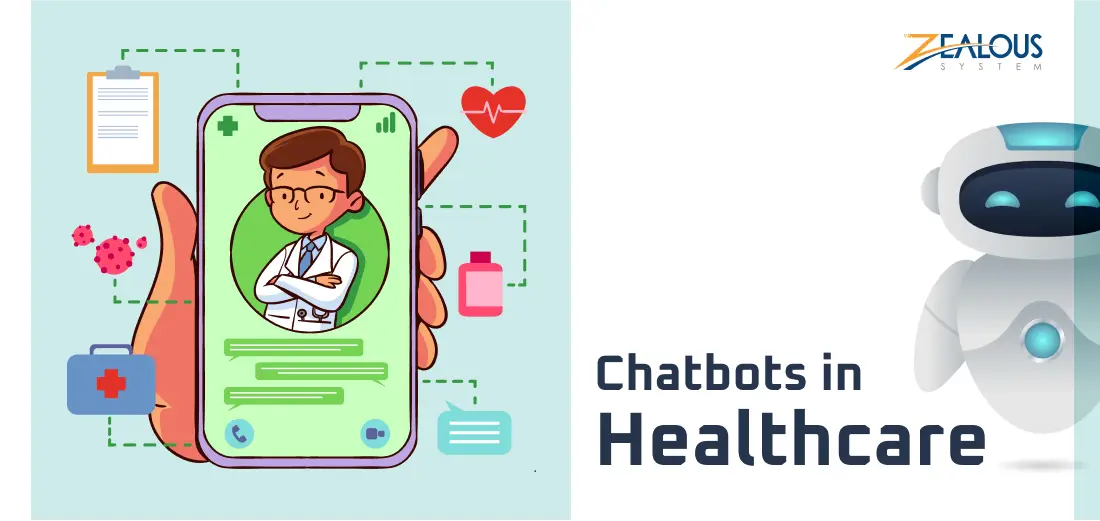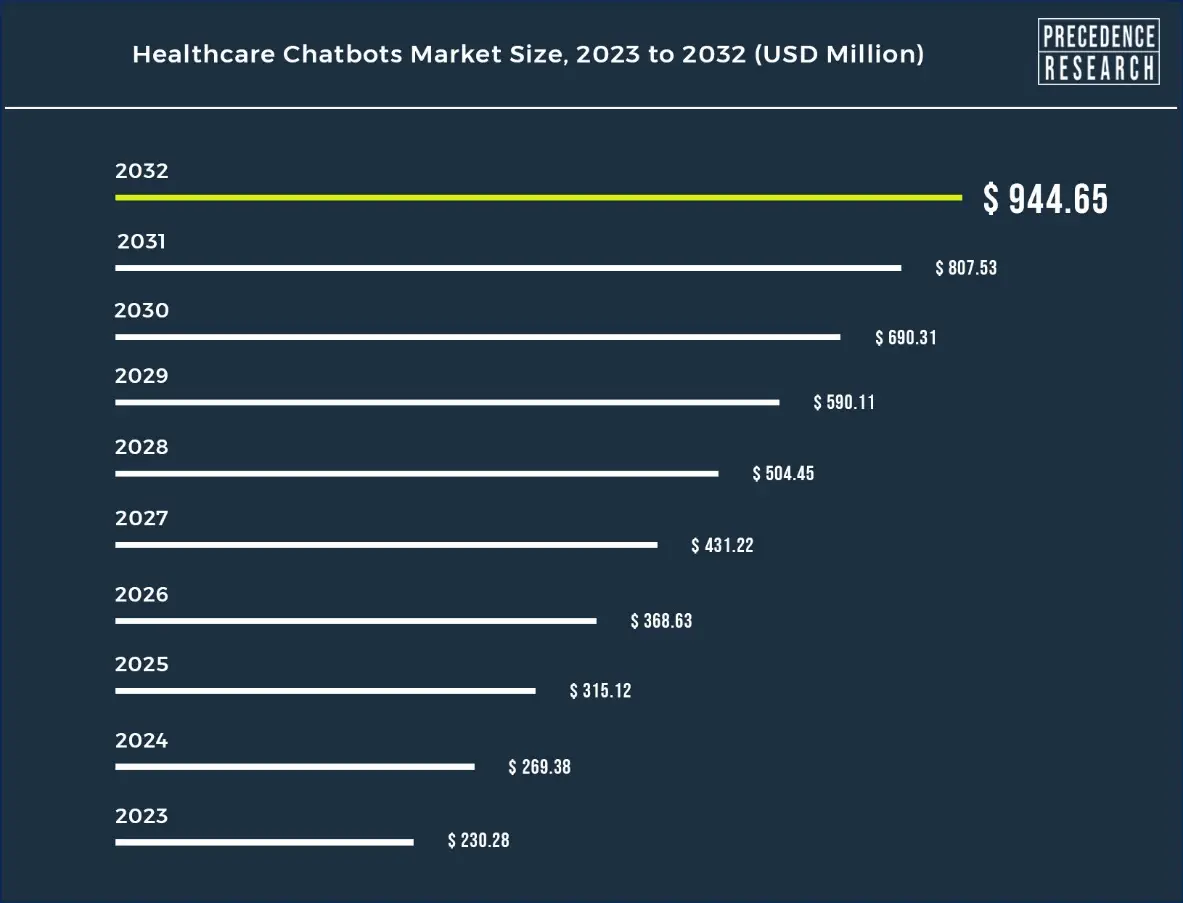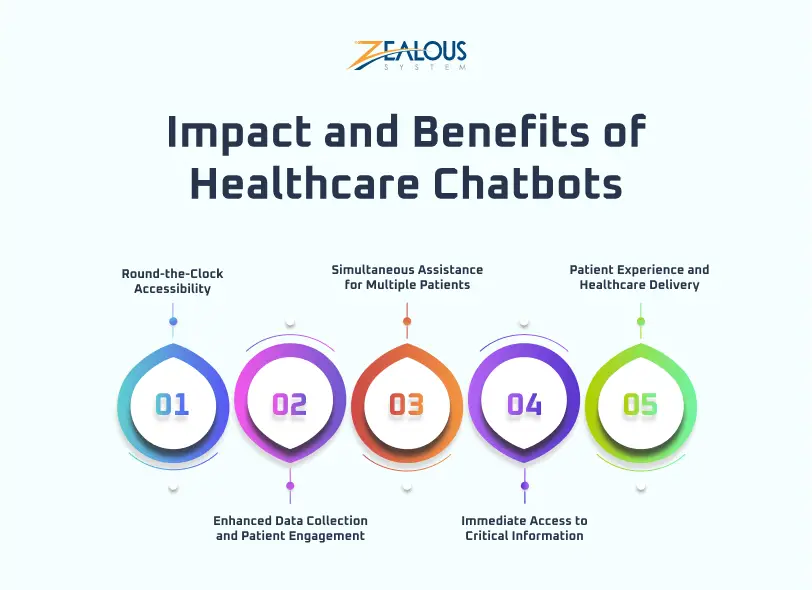
- Company
- Services
- UI/UX Design Services
- Microsoft Dynamics 365
- Mobile App Development
- AI Software Development
- Web App Development
- Generative AI Development
- Digital Product Development
- Enterprise Mobility
- SaaS Application Development
- Application Integration
- White-label WP Maintenance
- ERP Software Solutions
- Software Testing
- Offshore Development Center
- Let’s Connect
- Trending
- Technology
- Industry
- Build Your Team
- Our Work
- Company
- Services
- UI/UX Design Services
- Microsoft Dynamics 365
- Mobile App Development
- AI Software Development
- Web App Development
- Generative AI Development
- Digital Product Development
- Enterprise Mobility
- SaaS Application Development
- Application Integration
- White-label WP Maintenance
- ERP Software Solutions
- Software Testing
- Offshore Development Center
- Let’s Connect
- Trending
- Technology
- Industry
- Build Your Team
- Our Work
We use cookies and similar technologies that are necessary to operate the website. Additional cookies are used to perform analysis of website usage. please read our Privacy Policy
How Chatbots are Transforming the Healthcare Industry?

The rapid integration of Artificial Intelligence (AI) into the healthcare sector has ushered in a transformative era, prominently marked by the adoption of chatbots. These virtual health assistants are revolutionizing patient care by providing 24/7 assistance, significantly enhancing the healthcare experience.
Chatbots are adept at handling routine inquiries, scheduling appointments, and managing patient data, thereby streamlining operations and allowing healthcare professionals to focus on more complex patient needs. Their role in automating mundane tasks not only boosts efficiency but also ensures the security and privacy of patient information through meticulous data management practices.
Beyond administrative support, chatbots in healthcare extend their utility to patient monitoring and care. They offer personalized informational support, field health-related questions, and ensure patients adhere to their medication schedules, which plays a pivotal role in improving health outcomes.
The ability of chatbots to cater to a broader audience underscores their potential in making healthcare services more accessible, thus bridging the gap between medical professionals and patients. This increased accessibility is crucial for extending medical assistance to larger populations, democratizing the availability of health information and support.
The impact and benefits of healthcare chatbots are reflected in their growing adoption, with predictions suggesting a surge in the market from $230.28 million in 2023 to $944.65 million by 2032. This trend highlights the healthcare industry’s recognition of chatbots as a pivotal tool in enhancing patient experiences, facilitating healthcare automation, and Improving patient experience with chatbots.
As the capabilities of healthcare chatbots continue to evolve, they promise a future where efficient, patient-centered, and accessible healthcare is not just an aspiration but a reality, marking a significant milestone in the journey towards innovative healthcare solutions.
Why are chatbots important in the healthcare Industry?
Chatbots have become increasingly important in healthcare for several reasons, offering a range of benefits that significantly improve patient experience with chatbots and operational efficiency. Here are some key points underlining their importance, supported by facts and sources:
24/7 Patient Support:
Healthcare chatbot applications offer round-the-clock assistance to patients, addressing queries, providing information, and even assisting with emergency advice outside regular clinic hours. This continuous availability ensures patients can receive timely support whenever needed, improving patient experience with chatbots. According to a report by HealthITAnalytics, patients appreciate the immediate responses and 24/7 support that chatbots provide, highlighting the importance of timely communication in patient care.
Operational Efficiency:
By automating routine tasks such as appointment scheduling, patient registration, and initial symptom assessment, chatbots significantly reduce the workload on healthcare staff. This allows medical professionals to allocate more time to critical care and complex cases. A study by Juniper Research found that chatbots are expected to save the healthcare industry $3.7 billion globally by 2023, underscoring their role in enhancing operational efficiency.
Patient Data Management and Privacy:
Chatbots play a crucial role in the collection, storage, and analysis of patient data, facilitating personalized care and treatment plans. They are designed with privacy and security measures to protect sensitive patient information, adhering to healthcare regulations. According to a research article published in the Journal of Medical Internet Research, healthcare chatbots are equipped with advanced encryption and authentication mechanisms to ensure patient data confidentiality and security.
Accessibility and Reach:
Healthcare chatbots applications make medical advice and information more accessible to wider populations, including those in remote or underserved areas. They help bridge the gap between healthcare providers and patients, ensuring that reliable healthcare guidance is just a chat away. The World Health Organization emphasizes the importance of digital health tools like chatbots in extending healthcare services to hard-to-reach populations, highlighting their role in improving healthcare accessibility globally.
Market Growth and Adoption:
The increasing adoption of healthcare chatbots reflects their growing importance. A report by Grand View Research projects the healthcare chatbots market size was estimated at USD 787.1 million in 2022 and is expected to expand at a compound annual growth rate (CAGR) of 23.9% from 2023 to 2030, indicating a growing recognition of their potential in transforming healthcare delivery.
Impact and Benefits of Healthcare Chatbots
In today’s rapidly evolving healthcare landscape, the integration of chatbots has marked a significant leap forward. The benefits of healthcare chatbots extend across various dimensions, fundamentally reshaping patient care and operational efficiency. Let’s delve into the myriad ways chatbots in healthcare are making a difference.
Round-the-Clock Accessibility
One of the standout advantages of healthcare chatbots is their availability 24/7. Medical emergencies don’t adhere to a schedule; they can arise at any moment, necessitating immediate attention. Whether it’s for symptom recognition or scheduling procedures, healthcare chatbots offer unwavering support at all hours, ensuring that no patient is left unattended.
Enhanced Data Collection and Patient Engagement
Empathy lies at the heart of healthcare, and through interactive conversations, healthcare chatbots excel in collecting valuable patient data. This data not only personalizes the patient experience but also informs future improvements in healthcare services. Unlike static websites, chatbots provide dynamic interactions, offering personalized responses and fostering a deeper connection with patients.
Simultaneous Assistance for Multiple Patients
Healthcare professionals, despite their best efforts, can only attend to one patient at a time, limiting their reach. Healthcare chatbots applications, however, break through these constraints by engaging with multiple patients simultaneously, without compromising the quality of interaction or information. This scalability ensures that every patient receives timely attention, enhancing the efficiency of healthcare delivery.
Immediate Access to Critical Information
In the world of healthcare, time is of the essence. Chatbots in healthcare stand out by providing instant access to vital information, which can be crucial in emergency situations. For example, chatbots can quickly furnish healthcare providers with a patient’s medical history, current conditions, allergies, and more, facilitating prompt and informed decision-making.
Patient Experience and Healthcare Delivery
By integrating healthcare automation with chatbots, the sector is witnessing a transformation in how patient care is administered. Virtual health assistants, powered by chatbot technology, are not just improving the patient experience but are also streamlining operations, making healthcare more accessible and efficient.
Best Uses cases for Chatbots in Healthcare Industry
Appointment Management
Using healthcare chatbots for appointment management is a transformative approach that significantly reduces the incessant ringing of phone lines in medical facilities. Through the benefits of healthcare chatbots, patients are empowered to effortlessly communicate with clinics to book, reschedule, or cancel appointments via messaging, eliminating the inconvenience of prolonged waiting times on hold. The impact of chatbots on healthcare extends to enhancing the patient experience by offering a more personalized interaction, making it feel as though they are engaging with a human representative.
Streamlining Patient Onboarding
AI chatbots significantly simplify the patient onboarding process. They enable the distribution of educational materials through chat, allowing patients to access and review this information at their convenience. These chatbots in healthcare are capable of addressing all frequently asked questions related to onboarding at a clinic and can guide patients through the onboarding journey with tailored conversation flows.
Assist in Search for Nearby Clinics or Pharmacies
AI chatbots serve as a valuable tool in assisting patients to locate nearby clinics, pharmacies, or healthcare facilities tailored to their specific needs. They can be programmed to provide essential details such as operational hours, contact information, and patient reviews, thereby aiding patients in making well-informed choices regarding their healthcare.
Prescription Refill, Medication, and Vaccination Reminders
In the hustle and bustle of daily life, patients may forget critical health tasks such as refilling prescriptions, adhering to medication schedules, or keeping up with vaccination timelines. AI chatbots address this issue by dispatching personalized reminders to patients, fostering an interactive platform where they can inquire about dosages, the necessity of follow-up appointments, or discuss potential side effects warranting medical attention.
Facilitating Diagnostic Appointment Preparation
AI chatbots are instrumental in guiding patients through the preparatory steps required for diagnostic appointments or tests. They can disseminate automated messages, instructional videos, images, and preparatory advice to ensure patients are well-prepared for their upcoming appointments. These chatbots offer the convenience of round-the-clock interaction, answering any pertinent questions and advising on specific preparatory actions like fasting protocols or hydration guidelines before the appointment.
Connect with a Healthcare Professional
Chatbots can streamline the process of connecting patients with telehealth professionals by scheduling calls or setting up video or voice consultations. They are adept at recognizing the limits of their assistance, enabling a seamless handoff to a human healthcare professional or representative when necessary, thus ensuring a smooth and satisfactory patient experience.
Simplifying Insurance Claims
Navigating healthcare insurance claims can be a daunting task for patients, particularly during health crises. AI chatbots can significantly reduce the complexity and stress associated with filing insurance claims, thereby enhancing patient satisfaction with your clinic’s services. These chatbots can provide detailed information on coverage, assist in understanding personal insurance plans, and clarify the medical services available to patients, simplifying the claims process.
Challenges in Deploying Chatbots for Healthcare Industry
Limitations to Simple Interactions:
While AI chatbots in healthcare offer conversational interactions that mimic human responses, it’s crucial to recognize their limitations to handling basic inquiries. Entrusting AI with complex medical advice or intricate questions poses significant risks. Hire chatbot developer to ensure the development and deployment of AI solutions that meet your specific healthcare requirements with precision and reliability.
AI hallucinations:
The development of AI chatbots demands meticulous training to prevent “AI hallucinations”—instances where AI disseminates incorrect information as truth. Such inaccuracies, if leading to patient harm, could severely tarnish a healthcare facility’s reputation. It’s imperative to rigorously train AI and mitigate biases prior to deploying chatbots in the healthcare domain.
Securing Patient Privacy:
Healthcare is laden with highly confidential patient data, sparking concerns over privacy when interacting with AI chatbots. Establishing secure, regulation-compliant communication channels is vital in alleviating privacy apprehensions and ensuring trust in AI-assisted healthcare services.
What is the Future of Chatbots in Healthcare?
Even with the healthcare market flooded with diverse chatbot options, there’s still a hesitancy to explore more advanced applications. This reluctance can be attributed to the nascent stage of conversational AI in healthcare, indicating that there is substantial room for growth. As advancements in natural language processing and AI continue, we can expect the emergence of more sophisticated medical assistant chatbots.
The journey towards widespread acceptance of medical chatbots involves more than just improving accuracy; it requires integrating the compassion and care intrinsic to the healthcare profession. Achieving this blend of technological efficiency and empathetic interaction is crucial for chatbots to gain a foothold in the healthcare industry.
Looking ahead, the expectation is that medical bots will evolve to meet several key needs:
- They will become ever-present companions for patients, offering real-time health tracking and automatic assistance in emergencies.
- They will play a significant role in managing chronic conditions, mental health issues, and a variety of behavioral and psychological disorders.
- By enabling early detection through proactive symptom assessment, cross-referencing medical histories, and advising on subsequent steps, these bots will contribute to increased treatment success rates.
- Acting as virtual health advisors, they will facilitate self-care by providing immediate medical guidance, streamlining the path to wellness.
Conclusion
The integration of Artificial Intelligence through chatbots in the healthcare industry marks a significant evolution in patient care and service delivery, promising a future where 24/7 support, enhanced operational efficiency, and improved accessibility become the norm. As the healthcare chatbot market continues to grow, these virtual assistants are set to play a pivotal role in bridging the gap between healthcare providers and patients, democratizing access to health information, and streamlining the patient care process.
While challenges remain in ensuring accuracy, privacy, and the human touch, the potential of chatbots to transform the healthcare sector is undeniable, heralding a new era of innovative, patient-centered care. Discover how a leading chatbot development company can tailor AI solutions for your healthcare needs.
Read Also:
We are here
Our team is always eager to know what you are looking for. Drop them a Hi!
Pranjal Mehta
Pranjal Mehta is the Managing Director of Zealous System, a leading software solutions provider. Having 10+ years of experience and clientele across the globe, he is always curious to stay ahead in the market by inculcating latest technologies and trends in Zealous.
Table of Contents
×



Comments